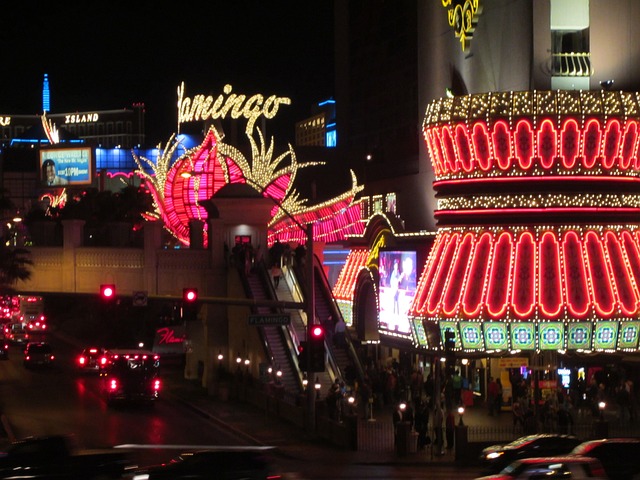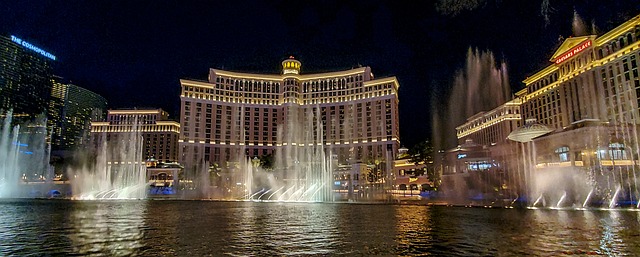Casino gambling is a global industry, but the rules that govern it differ widely from one country to another. From strict government oversight to liberal market approaches, casino regulations reflect each nation’s legal traditions, economic interests, and cultural attitudes toward gambling. Understanding how casino regulation varies by country is essential for players, operators, and anyone interested in the gaming industry. These differences affect everything from game availability and player protections to taxation and licensing requirements.
Europe: A Patchwork of Regulatory Models
Europe is home to a diverse array of casino regulations. Countries like the United Kingdom operate under robust frameworks, such as the UK Gambling Commission, which enforces strict licensing standards, player protection measures, and responsible gambling protocols. In contrast, countries like Germany have more fragmented systems, where federal laws coexist with state-level rules, creating complex regulatory environments.
Malta stands out as a hub for online gambling regulation, with its Malta Gaming Authority (MGA) offering licenses that are respected globally. Overall, European regulations prioritize consumer protection and fairness, but the level of stringency and enforcement varies by country.
The United States: State-Level Differences

In the United States, casino regulation is primarily handled at the state level, resulting in a patchwork of laws and regulations. States like Nevada and New Jersey have established legal frameworks that allow for land-based and online casino operations, with strict oversight and licensing requirements.
Conversely, states like Utah and Hawaii prohibit all forms of gambling, including casinos. The legalization of online casinos and sports betting has expanded rapidly, with more states enacting laws to regulate and tax these activities. However, differences in tax rates, licensing fees, and consumer protections remain significant from one state to another.
Asia: Contrasting Approaches
In Asia, casino regulation ranges from highly liberal to tightly controlled. Macau, a Special Administrative Region of China, is one of the largest gambling hubs globally, with extensive licensing and regulatory frameworks that attract international operators. In contrast, Japan has only recently begun legalizing integrated resort casinos, with strict controls and limits on local participation to curb gambling addiction.
Other countries, such as Singapore, regulate their casinos tightly, focusing on anti-money laundering measures and responsible gambling practices. Meanwhile, in China (outside of Macau), gambling is largely illegal, and unauthorized operations face severe penalties.
Latin America: Emerging Markets and Challenges

In Latin America, countries like Colombia have embraced online gambling regulation, offering licenses to both domestic and international operators. Colombia’s regulatory body, Coljuegos, has established clear rules and consumer protection standards. Brazil has also moved toward legalizing sports betting and expanding casino operations, though regulatory frameworks are still evolving.
However, many countries in the region face challenges with enforcement, corruption, and unlicensed operators. Regulatory clarity and consistent enforcement are key to fostering trust and ensuring player safety in these emerging markets.
Africa and the Middle East: Diverse Regulatory Landscapes
In Africa, countries like South Africa have legalized and regulated casino gambling, with provincial authorities issuing licenses. However, illegal operations persist in some areas. Kenya has also established a regulated betting market, though regulatory enforcement can be inconsistent.
In the Middle East, gambling is generally prohibited due to religious and cultural reasons, with few exceptions. Countries like the United Arab Emirates and Saudi Arabia ban all forms of gambling, while others like Lebanon permit limited casino operations under strict government control.
